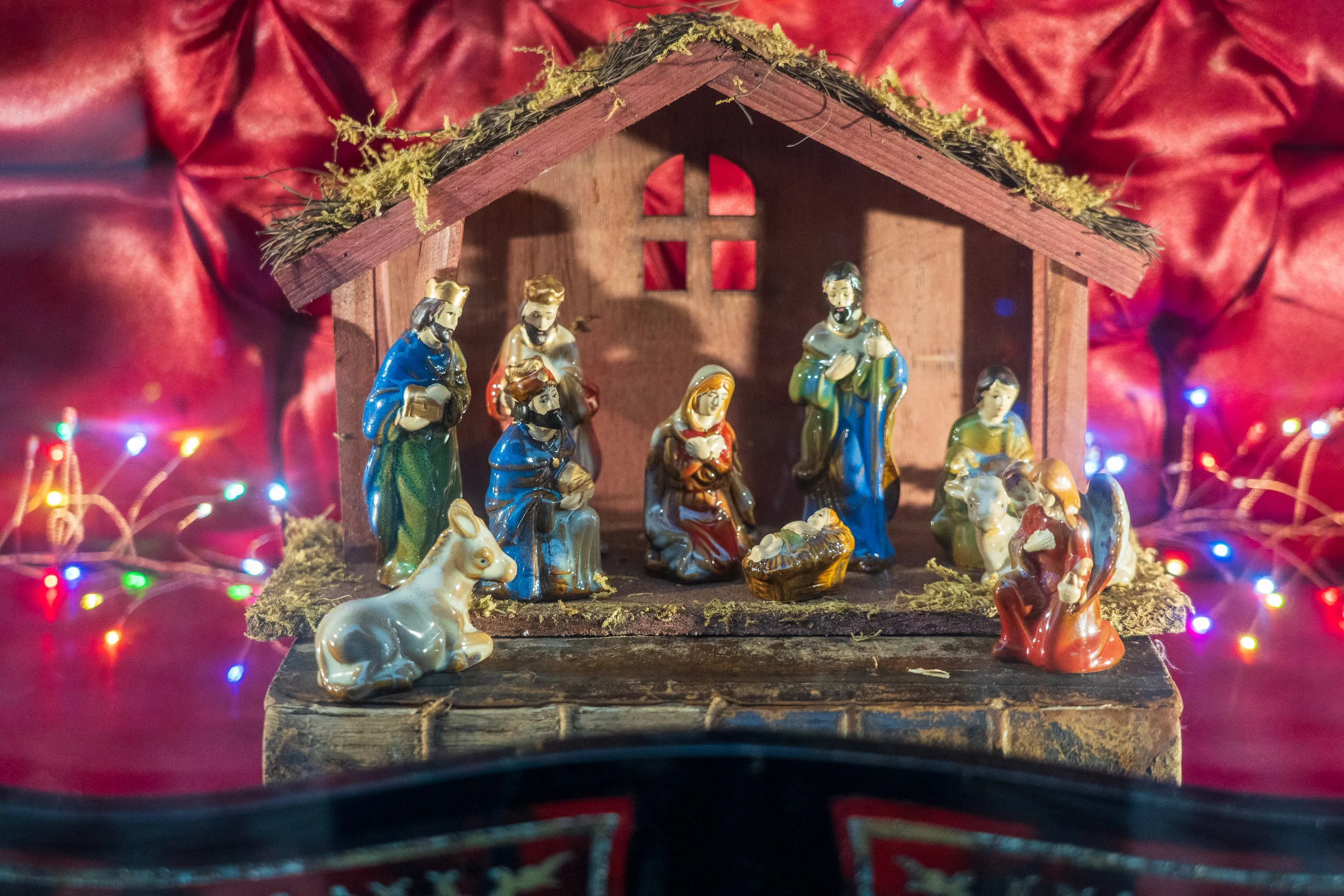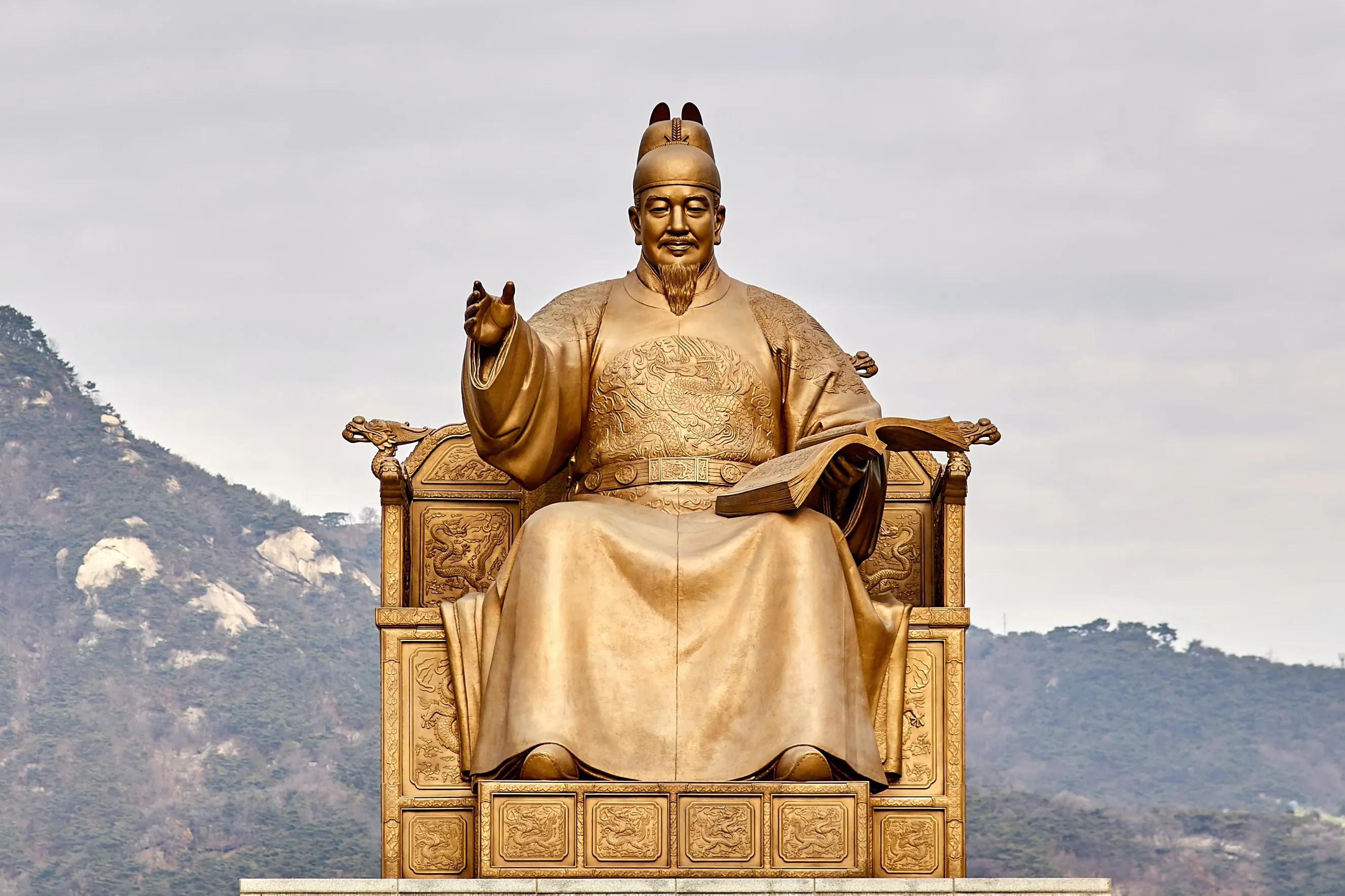The Untold Tale of the 3 Wise Men: Shedding Light on their Identity and Role in the Nativity Narrative
Nativity Narrative

The story of the three wise men, also known as the Magi, is one that has captured the imagination of people for centuries. Their role in the nativity narrative is often overshadowed by the central figures of Mary, Joseph, and the baby Jesus, but their journey and gifts play a significant part in the Christmas story.
According to the Gospel of Matthew, the wise men visited Jesus shortly after his birth, following a star that led them to Bethlehem. They came bearing gifts of gold, frankincense, and myrrh, which were seen as valuable and symbolic offerings to a king.
The inclusion of the wise men in the nativity story has both religious and symbolic significance. Their arrival from the East represents the inclusion of the Gentiles, or non-Jewish people, in the message of Jesus' birth. It also foreshadows the global impact of Jesus' teachings and the universal nature of his message of love and salvation.
The nativity narrative tells us that the wise men traveled a great distance to see the newborn king. This raises questions about who these individuals were, where they came from, and why they embarked on this journey. To understand their identity and role more clearly, we need to explore the historical and cultural context of the time.
Nativity Characters
The wise men are often depicted as kings in traditional nativity scenes, but this interpretation is largely based on artistic license rather than biblical evidence. The Gospel of Matthew simply refers to them as "magi," which originally referred to a priestly caste in ancient Persia. These individuals were known for their knowledge of astrology and other occult sciences.
The actual number of wise men is not specified in the Bible, but tradition has settled on three because of the three gifts they brought. However, it is worth noting that the Bible does not mention their names or provide many details about their lives.
The wise men were likely well-educated astronomers or scholars who studied the stars and interpreted celestial signs. Their ability to recognize the significance of the star that led them to Jesus suggests a deep understanding of ancient prophecies and religious texts.
The bible gives a message in the book of Daniel and provides information about the wise men and who may have ordered them to go or maybe King Nebuchadnezzar had a vision after he saw the son of man dancing around in the fire when he had Danial and 2 other servants thrown into the furnace. Jesus brought the 3 men out of the furnace untouched by the flames. The 3 wise men may have been Zoroastrian priests from Persia (modern-day Iran), who were followers of the ancient religion of Zoroastrianism. This theory is supported by the fact that Zoroastrianism placed great emphasis on the study of astronomy and the interpretation of celestial events. During King Nebuchadnezzar he was shown the star for the priests to keep an eye out for during a certain time.

Historical Context
To understand the specific role of the wise men in the nativity narrative, we must consider the historical context of the time. The visit of the wise men took place during the reign of King Herod the Great, who ruled over Judea as a client king under the Roman Empire.
Herod was known for his cruelty and paranoia, and he saw the birth of a new king as a potential threat to his power. When the wise men arrived in Jerusalem, they inquired about the birth of the "king of the Jews," causing Herod to become alarmed and fearful. He asked the chief priests and scribes where the Messiah was to be born, and they informed him that according to the prophet Micah, Bethlehem was the destined place.

Chinese King Herod
Herod then secretly summoned the wise men and asked them to find the child and report back to him so that he could also go and worship the newborn king. However, the wise men were warned in a dream not to return to Herod, as he had ulterior motives. Following the dream, they chose to return to their own country by another route.
The escape of Jesus and his family to Egypt after the visit of the wise men, known as the Flight into Egypt, further illustrates the political volatility of the time. The wise men unwittingly played a role in protecting Jesus from the wrath of Herod by diverting his attention away from Bethlehem.
The role of the wise men in the nativity narrative is thus not only one of reverence and gift-bearing, but also one of political significance. Their visit and subsequent actions helped fulfill ancient prophecies and ensured the protection of Jesus, who would go on to bring about profound spiritual and social change.
Conclusion:
In conclusion, the untold tale of the three wise men adds a captivating dimension to the nativity narrative. They were learned individuals who recognized the significance of the star and its connection to a special birth. Zoroastrian priests from Persia, their journey to see Jesus underscored the universal nature of his message and the inclusion of all people in God's plan of salvation. The wise men played a crucial role in protecting Jesus from King Herod and ensuring the fulfillment of ancient prophecies. Their story serves as a reminder of the profound impact that a few individuals can have when they respond to the call of faith and seek out truth. After all, the ones who seek out truth. Are the ones who are set free.
Author GoldWiz
copyright.2023.12.05



